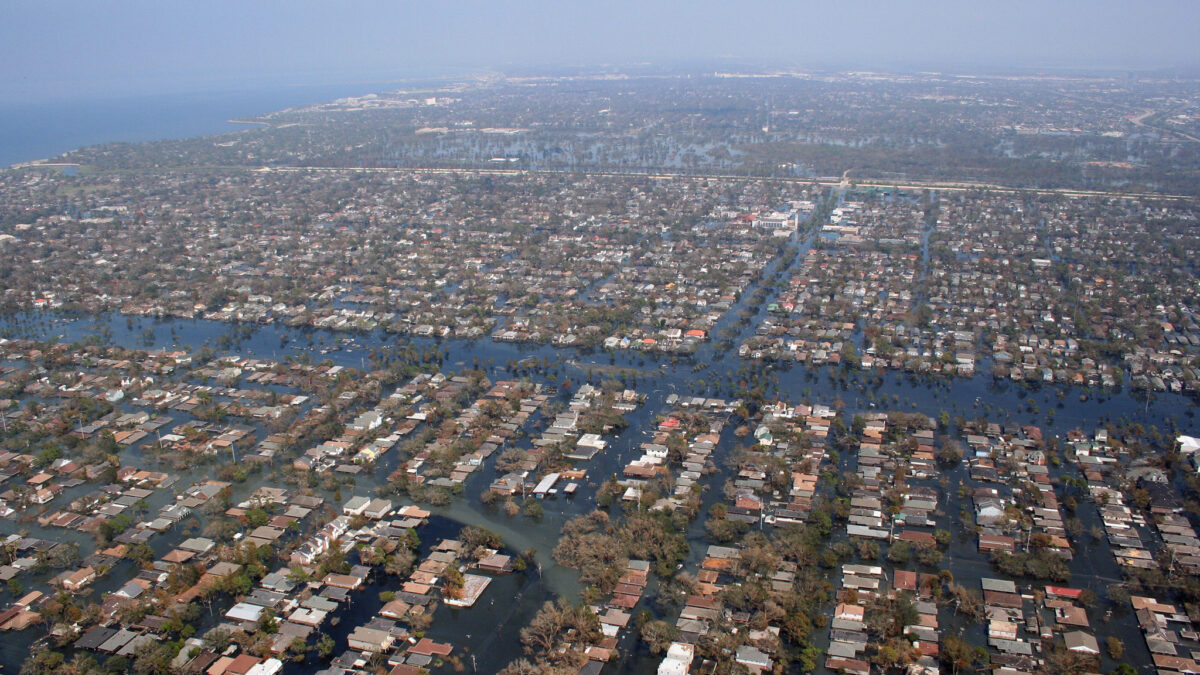Research & Developments is a blog for brief updates that provide context for the flurry of news regarding law and policy changes that impact science and scientists today.
Update: On 24 April, NOAA announced on Bluesky and X that the National Weather Service had reinstated its contract to translate severe weather alerts into other languages.
This month, the National Weather Service (NWS) announced that, until further notice, it will no longer be offering automated translation services for its severe weather alerts. These alerts warn U.S. residents about imminent dangers including thunderstorms, tropical cyclones, flooding, and extreme heat. The news was reported by Earth.org, The Washington Post, the Associated Press, and other outlets.
The agency attributed the change to a contract lapse with Lilt, an artificial intelligence company that worked with NWS forecasters to develop software that could accurately translate weather terminology into Spanish, simplified Chinese, Vietnamese, French, and Samoan.

The agency’s product translation page states that the NWS “is committed to enhancing the accessibility of vital, life-saving information by making urgent weather updates available in multiple language.” However, it also notes that “changes or discontinuations may occur without advance notice.” A banner atop the page now reads, “The translated text production functionality on this site may be interrupted after 3/31/2025. Further details will be provided when available.”
Related
• US Weather Service Set to Halt Foreign-Language Forecasts As Contract With AI Translation Firm Expires (Earth.org)
• National Weather Service pauses severe weather alerts in Spanish and other languages (PBS)
• National Weather Service halts automated translation for alerts (The Washington Post)
• Language Use in the United States (U.S. Census Bureau)
• Get Involved: AGU Science Policy Action Center
According to the U.S. Census Bureau, 67.8 million people in the United States speak a language other than English at home, including nearly 42 million Spanish speakers and more than 2 million French (including Patois, Cajun, Creole, and Haitian) speakers. The Census Bureau lists communication barriers, such as those that exist in households with limited English, as a measure of social vulnerability. Previous research has documented that a lack of translated emergency alerts, or poorly translated alerts, can leave communities uninformed, confused, and ultimately more vulnerable to danger.
The NWS is part of NOAA, which has faced drastic cuts under the Trump administration. More than 1,000 employees have been laid off from the agency, though a handful have been rehired. More mass layoffs are expected as the Department of Government Efficiency eliminates thousands of federal positions.
A NOAA employee told PBS that if the contract with Lilt is not reinstated within 30 days of its 1 April expiration, restarting it will be a complex and lengthy process that involves seeking bids from several companies.
—Emily Dieckman (@emfurd.bsky.social), Associate Editor
These updates are made possible through information from the scientific community. Do you have a story about how changes in law or policy are affecting scientists or research? Send us a tip at [email protected].


